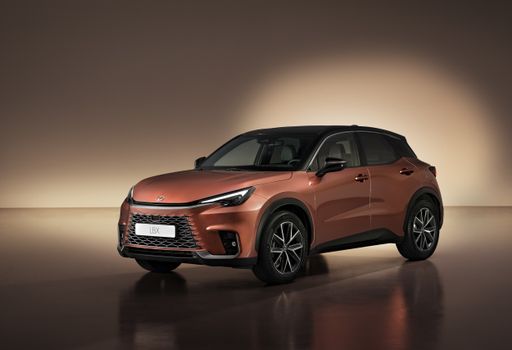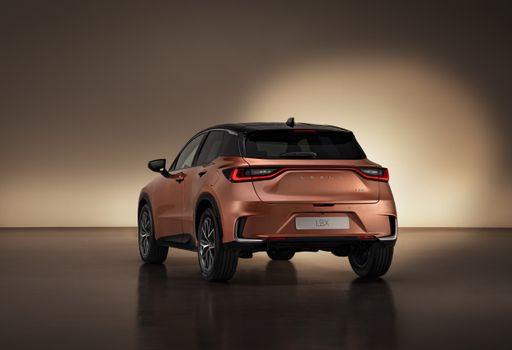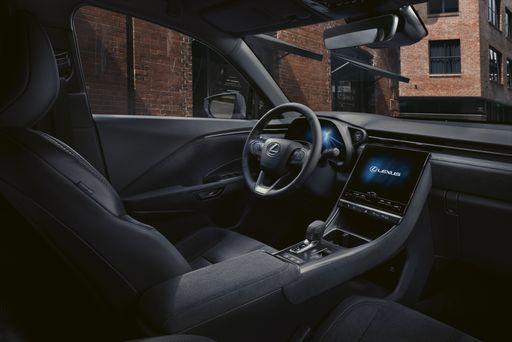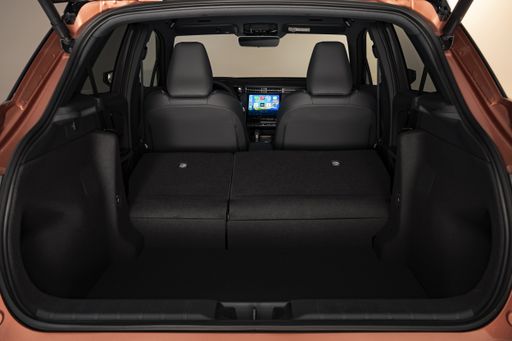Compact Crusaders: Lexus LBX vs. Toyota Prius
In the ever-evolving arena of hybrids, two contenders are paving the roads toward a greener future. The all-new 2024 Lexus LBX and the 2023 Toyota Prius bring innovation, efficiency, and style to the forefront. These two models, while distinct in their own rights, showcase the sophisticated engineering prowess both brands are known for. Let's dive into a detailed comparison and see what sets them apart.








